
Tag Archives No-till farming
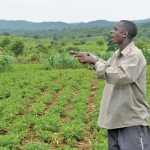
Dropping the hoe and doubling the yield
Minimum tillage makes for dramatic improvements for this family in Malawi
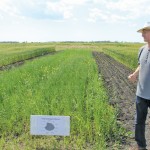
Will it be chess or checkers?
A researcher explores different ways of sustainably playing the farming game
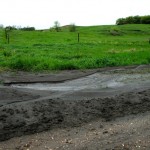
Editorial: Changing how we think
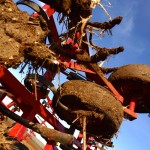
Saline soils, plant growth problems linked to tillage practices
Research on saline soils underway, but at least one cause points to over-tilling

Agricultural Hall of Fame: Robert McNabb
Five new members of the Manitoba Agricultural Hall of Fame were inducted July 17 at a ceremony in Portage la Prairie. We’re featuring a new inductee each week

Conservation agriculture gaining ground
But breaking through tradition is difficult
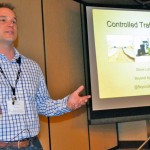
Is the freeze-thaw effect a myth?
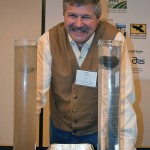
Healthy soil the key to healthy profits
Look beyond ‘bench-top chemistry’ in evaluating soil health, urges soil microbiologist
Seed producer says vertical tillage is just the ticket
Greg Smith says vertical tillage has worked so well on his perennial grasses and alfalfa, he’s now using it for his grains and oilseed crops to manage residue
Looking to breathe new life into perennial seed crop stands? Consider vertical tillage. Beginning with his meadow fescue fields, forage seed producer Greg Smith began using vertical tillage two years ago to loosen up sod-bound fields and has been pleased with the results — higher yields in second- and even third-year plant stands. “Meadow fescueManitobans helping North Korean farmers
Manitobans with expertise in zero till and soil health are helping farmers increase productivity in the isolated nation
When it comes to North Korea, agriculture may not be the first thing that pops into people’s minds. But for the Mennonite Central Committee (MCC) it’s been front and centre for the last five years. The Winnipeg-based organization has been providing farmers in the Democratic People’s Republic of Korea with assistance with soil conservation and

